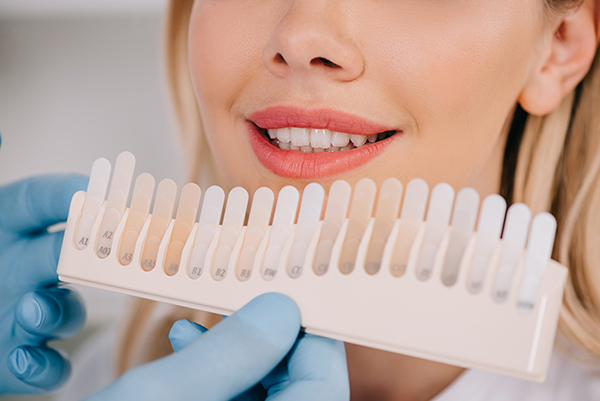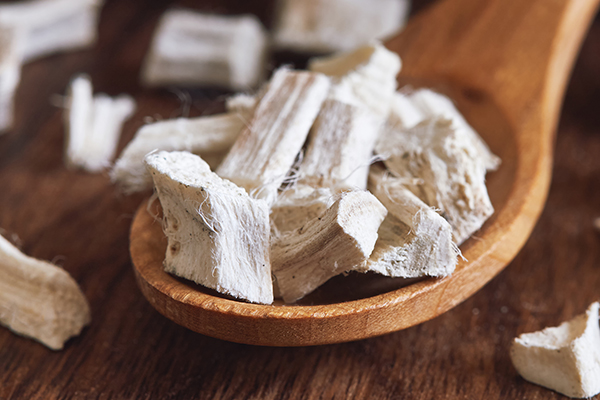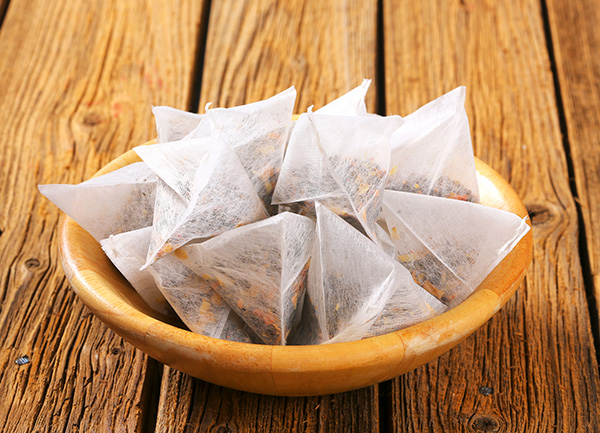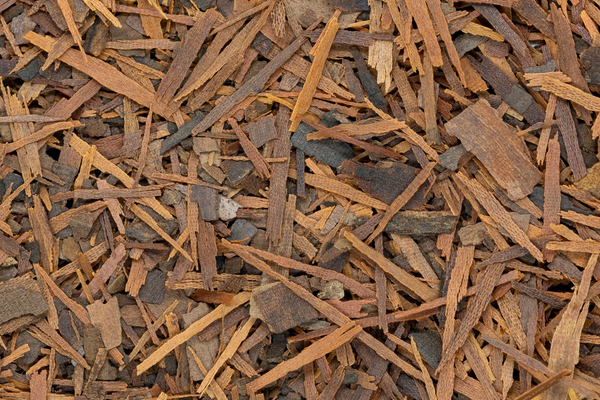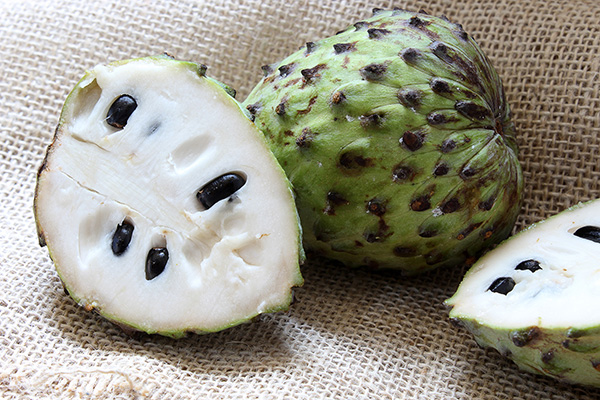Does Tea Stain Teeth?
Devoted tea enthusiasts may observe that their teeth lose their shine over time. While tea is a delicious and healthy beverage, it can also cause stains on your teeth. But why does this happen? And are some types of tea worse than others when staining teeth?
In this blog post, we’ll explore the science behind why tea stains teeth and discuss which teas are most likely to cause stains. Additionally, we’ll provide some helpful pointers on how to avoid tea stains on your teeth.
But first things first.
Does Drinking Tea Stain Teeth?
Yes, tea can stain teeth. Tea contains tannins, which are organic substances that can cause color compounds to stick to the teeth. In addition, the acidity in tea can wear down your teeth protective enamel, leaving them vulnerable to discoloration. However, not all teas are created equal regarding staining potential. Dark teas, such as black tea, are more prone to leaving stains than lighter options like green or white tea.
Why Does Tea Stain Your Teeth?
Here are the reasons why tea stains your teeth:
- Tannins: Tea contains tannins, naturally occurring compounds that give tea its color and flavor. Sadly, these compounds can also adhere to the proteins in your tooth enamel and result in staining as time goes by.
- Acidic pH: Most teas possess an acidic pH level that can wear away the enamel on your teeth, leaving them prone to staining.
- Chromogens: Some teas contain chromogens, pigments that can stick to tooth enamel and cause discoloration.
Types of Teas That Stain Teeth the Most
Although tea generally can stain your teeth, certain types are more prone to causing discoloration. Understanding which teas are most likely to cause stains can help you make informed choices about your dental health.
Black Tea
Black tea is among the teas most capable of staining teeth. The abundance of polyphenols in black tea, particularly tannins, may leave stubborn yellow or brown marks on your teeth over time if consumed regularly. On average, black tea contains 13.36% tannins, according to research. Green tea typically has 2.65% tannins, whereas oolong tea usually has 8.66% (1).
Additionally, black tea has a moderately high pH level of 4.9-5.5, contributing to enamel erosion and making your teeth more susceptible to staining (2).
Green Tea
Green tea has a smaller amount of tannins than black tea, making it less likely to stain your teeth. Besides, green tea has a higher pH level (7-10) that neutralizes harmful mouth acids and decreases the possibility of enamel erosion.
Nevertheless, consuming large quantities of green tea may still cause tooth discoloration in the long run.
Oolong Tea
Oolong tea falls between black and green tea in terms of its ability to stain teeth. Oolong tea has a moderate level of tannins (8.66%), the compounds responsible for staining teeth.
In addition, it contains polyphenols and fluoride that aid in promoting oral health and preventing tooth decay.
Pu-Erh Tea
Pu-erh tea is known to have a higher potential of staining teeth compared to black tea due to its higher concentration of tannins.
Teas That Don’t Stain Teeth
While black and pu-erh teas are known to have a higher likelihood of causing discoloration over time, several teas don’t stain teeth as much.
Rooibos Tea
Rooibos tea is a herbal tea that originates in South Africa. While black tea contains caffeine and tannins, Rooibos tea naturally lacks these elements. As a result, Rooibos tea does not have the same potential to stain teeth as black or green teas.
According to research, consuming Rooibos tea may provide advantages for oral health, such as supporting gum health and reducing inflammation.
Peppermint Tea
Peppermint tea is an herbal tea, and it has a nearly neutral pH and contains lower levels of tannins than other tea types. Therefore, peppermint tea has a lower likelihood of staining teeth, especially compared to black or green teas.
Peppermint tea is known for its flavor and potential health advantages, like improving digestion and reducing stress.
Ginger Tea
Ginger tea is an herbal tea made from fresh ginger root or powder. Like Rooibos tea, it does not contain tannins. Therefore, ginger tea is less likely to stain teeth than black or green tea. Drinking ginger tea may provide potential health benefits, including reducing inflammation, aiding digestion, and improving circulation.
White Tea
The Camellia sinensis plant’s youngest leaves are used to create white tea. Unlike black and green tea, white tea undergoes minimal processing, which helps to retain its natural antioxidants.
Choosing white tea over black or green tea can help prevent tooth stains since it has lower levels of tannins that contribute to discoloration.
How to Prevent Tea Stains on Teeth?
There are several ways to prevent tea stains and maintain a bright smile:
- Drink tea in moderation: Limit your daily tea intake to reduce the risk of staining.
- Use a straw: Sipping tea through a straw can help bypass your teeth and reduce the amount of contact between the tea and your teeth.
- Rinse with water: After drinking tea, rinse your mouth with water to help wash away any residue that may cause staining.
- Consider switching to herbal teas: Herbal teas made from flowers or herbs like ginger or peppermint have lower tannins that cause staining like traditional teas.
- Brush regularly: Brush your teeth twice daily with fluoride toothpaste to remove surface stains.
- Add milk: Adding milk to tea may help prevent teeth from staining (3). Milk contains proteins called caseins that bind to tannins in tea, reducing their ability to stick to teeth and cause stains.
- Eat crunchy fruits and vegetables: Snacking on crunchy fruits and vegetables like apples, carrots, and celery can help scrub surface stains and promote saliva flow.
- Visit your dentist: Regular dental cleanings can help remove stubborn stains and keep your teeth healthy.
How to Remove Tea Stains on Teeth
You can eliminate tea stains on your teeth in multiple ways, such as:
- Brushing with baking soda: Using baking soda to brush your teeth can help remove surface stains. While it won’t bleach your teeth, it can effectively scrub away stains. For even better results over time, consider using a mixture of baking soda and salt as a paste twice a week to improve your teeth’ whiteness gradually.
- Whitening toothpaste: Look for a toothpaste that contains hydrogen peroxide or carbamide peroxide, which can help break down surface stains on teeth.
- Professional teeth whitening: If your DIY teeth whitening attempts fail, schedule an appointment with your dentist for professional treatment.
Always consult a dental professional before trying new whitening treatments, especially if you have sensitive teeth or existing dental issues.
Conclusion
In conclusion, tea can stain teeth due to its high tannin content and natural coloration.
However, limiting your tea intake and maintaining good oral hygiene can help prevent or minimize teeth staining.
Additionally, various at-home remedies and professional treatments are available to remove existing stains and improve the overall whiteness of your teeth. Striking a balance between benefiting from tea’s many health advantages and caring for your dental well-being is crucial in the long run.
FAQ
Can You Drink Tea After Brushing Your Teeth?
To get optimal results, you should wait at least 30 minutes after brushing before you eat or drink anything, including tea. This will give your saliva time to neutralize any acids in your mouth and allow your teeth to benefit from the cleaning effects of brushing.
Does Black Tea Stain Teeth?
Yes, black tea can stain your teeth. The reason for color compounds sticking to your tooth enamel after drinking black tea is the tannins present in it. Over time, these compounds can build up and cause your teeth to appear yellow or brown.
Does Iced Tea Stain Your Teeth?
Yes, iced tea can stain your teeth. Iced tea is brewed using black tea, which contains high tannins and chromogens, compounds that can stick to the enamel of your teeth and cause discoloration over time.
Does Sweet Tea Stain Your Teeth?
Like iced tea, sweet tea is prepared using black tea leaves or bags. As a result, it shares similar staining capabilities to those of traditional black tea.
Does Chai Tea Stain Teeth?
Yes, chai tea can also stain your teeth due to the presence of tannins. In addition, chai tea often contains spices like cinnamon and clove which can also cause staining.
What Stains Teeth More, Coffee or Tea?
Research suggests that black tea stains teeth more than coffee, despite it seeming counterintuitive. Black tea contains approximately twice as much tannin as coffee, resulting in this difference (4).
While there isn’t a direct comparison between how other teas stain compared to coffee, we know that black tea has more tannins than green or oolong varieties. Moreover, herbal teas contain considerably fewer tannins than black tea.
Does Herbal Tea Stain Teeth?
Opting for herbal teas over black tea may help prevent tooth discoloration due to their lower tannin content. While many herbal teas are less likely to stain teeth, hibiscus, turmeric, and chamomile contain natural pigments that can cause discoloration.
Moreover, added ingredients such as artificial colors or flavors in some herbal teas can also lead to staining. It’s worth mentioning that herbal teas have a lower staining potential than black tea.
Does Chamomile Tea Stain Teeth?
Chamomile tea has natural pigments that can potentially stain teeth, but its staining potential is generally considered low. Chamomile tea has considerably fewer tannins than black tea, which are responsible for staining teeth.
How Long After Home Teeth Whitening Can I Drink Tea?
For best results after home teeth whitening, it’s recommended to avoid drinking tea for the entire two-week period of your whitening sessions. However, if you choose to drink tea, refrain from doing so for at least 30 minutes after each whitening session.


